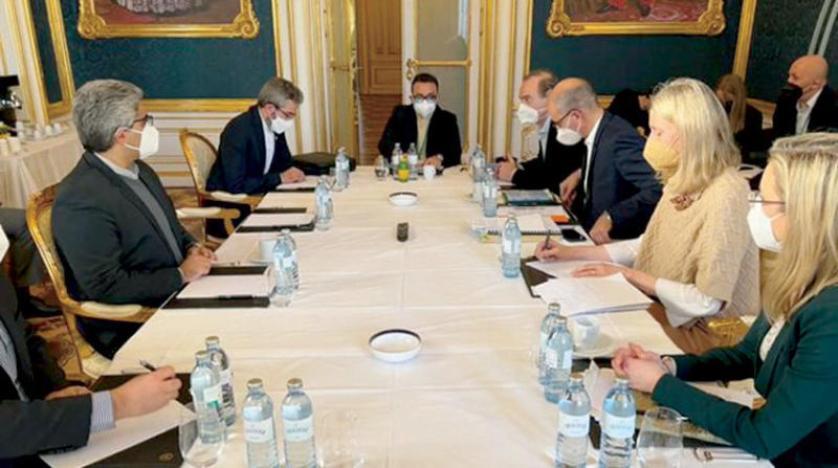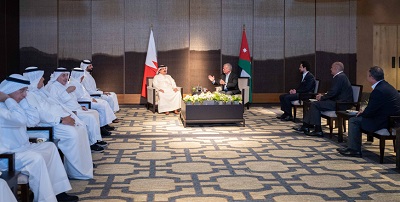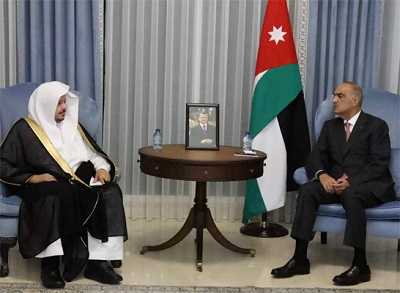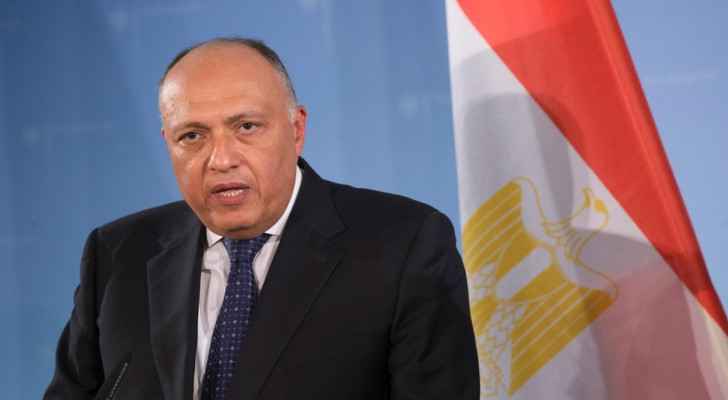Iran Rejects Russia’s Proposal for ‘Interim Deal’ in Vienna

Asharq Al-Awsat
Tehran rejected a Russian proposal in the Vienna talks to conclude an “interim deal” that includes restrictions on its nuclear program in exchange for the release of its frozen assets, NBC News reported, citing US officials.
The network quoted US officials as saying that Iran and Russia discussed, on the sidelines of the Vienna talks, the proposed temporary agreement, with the knowledge of the United States. However, senior Biden administration officials distanced the US from the Russian effort, it added.
Under the Russian proposal, “Tehran would be required to stop enriching uranium up to 60 percent purity and dispose of its current stockpile, possibly by exporting it to Russia, along with other restrictions. In exchange, the Iranian government would receive access to billions of dollars in oil revenues frozen in foreign bank accounts, including in South Korea,” NBC news reported, citing the US officials.
However, the official IRNA agency said that Iranian officials “did not enter into any discussion about the interim agreement,” and that Iran has led the talks in the right direction, and “now it is the United States’ turn to prove its seriousness by making political decisions.”
The Vienna meetings continued at the bilateral and multi-level discussions on Saturday. The state-run ISNA news agency said that Iran’s chief negotiator Ali Bagheri Kani held talks with the European Troika delegation in the presence of the talks’ coordinator, Enrique Mora.
A senior Biden administration official was quoted by NBC News as saying: “Though we cannot speak for any discussions that may have taken place between Russia and Iran, at this stage we are certain that no such interim arrangement is being seriously discussed.”
He continued: “Regarding an interim deal, we will not negotiate in the press or comment on specific claims about the negotiations. Our timeline is based on a technical assessment of Iran’s nuclear progress rather than a temporal clock.”
The report noted “a growing concern” within the Biden administration that time was running out in negotiations between Iran and world powers over a return to mutual compliance with the 2015 nuclear deal, warning that Iran’s nuclear program “advances to a point where Tehran would have enough fissile material to build an atomic bomb.”
Experts and former officials argued that the Russian version of the interim agreement could “diminish Tehran’s leverage in broader negotiations.”
“An interim arrangement with only limited sanctions relief also could be politically damaging to Iran’s new hardline government, which has portrayed the previous Iranian president, Hassan Rouhani, as too ready to compromise with the West and failing to deliver economic benefits to Iran,” the report noted.
Latest News
 King, Bahrain monarch stress need to maintain Arab coordination
King, Bahrain monarch stress need to maintain Arab coordination Security Council to vote Thursday on Palestinian state UN membership
Security Council to vote Thursday on Palestinian state UN membership Dubai reels from floods chaos after record rains
Dubai reels from floods chaos after record rains Khasawneh, Saudi Shura Council speaker discuss bilateral ties, regional developments
Khasawneh, Saudi Shura Council speaker discuss bilateral ties, regional developments Egyptian Foreign Minister condemns potential Palestinian displacement as 'war crime'
Egyptian Foreign Minister condemns potential Palestinian displacement as 'war crime'
Most Read Articles
- Senate president, British ambassador discuss strategic partnership, regional stability
- Jordan urges UN to recognise Palestine as state
- JAF carries out seven more airdrops of aid into Gaza
- Temperatures to near 40 degree mark next week in Jordan
- Safadi, Iranian counterpart discuss war on Gaza, regional escalation
- UN chief warns Mideast on brink of ‘full-scale regional conflict’
- US vetoes Security Council resolution on full Palestinian UN membership
- Google fires 28 employees for protesting $1.2 billion cloud deal with “Israeli” army
- Biden urges Congress to pass 'pivotal' Ukraine, Israel war aid
- Israeli Occupation strike inside Iran responds to Tehran's provocation, reports say